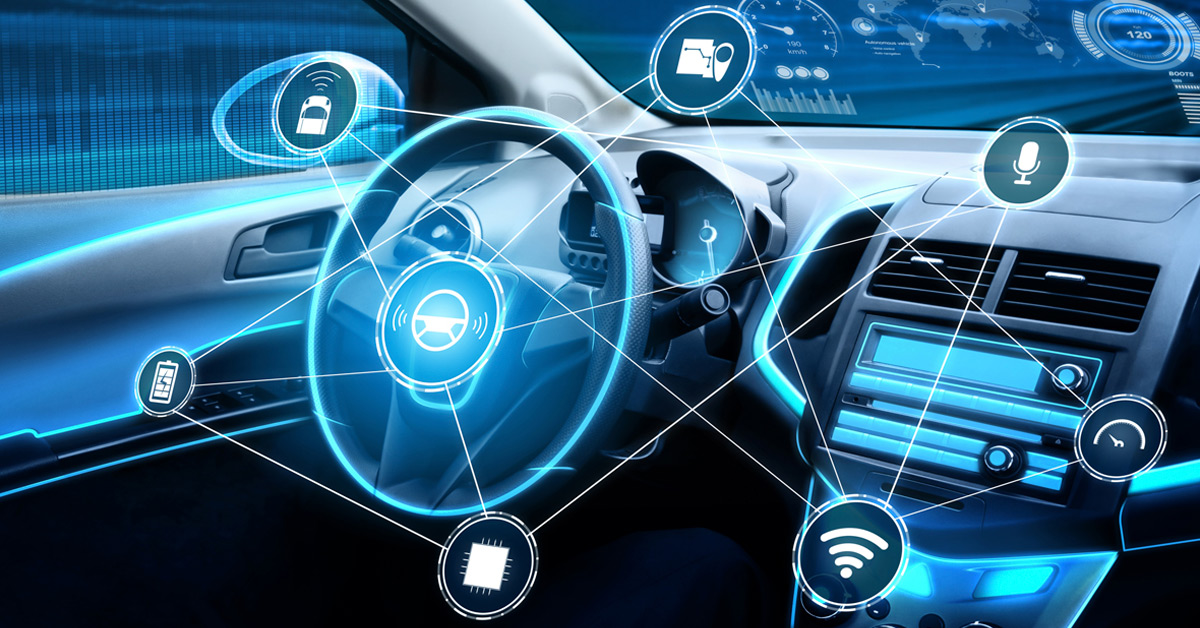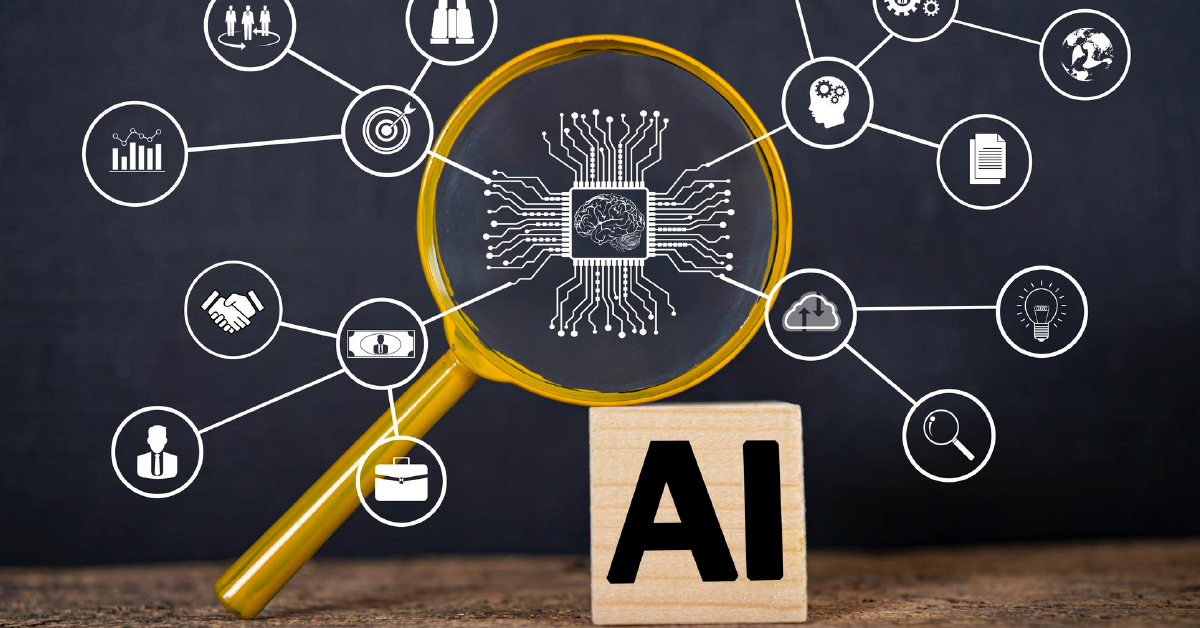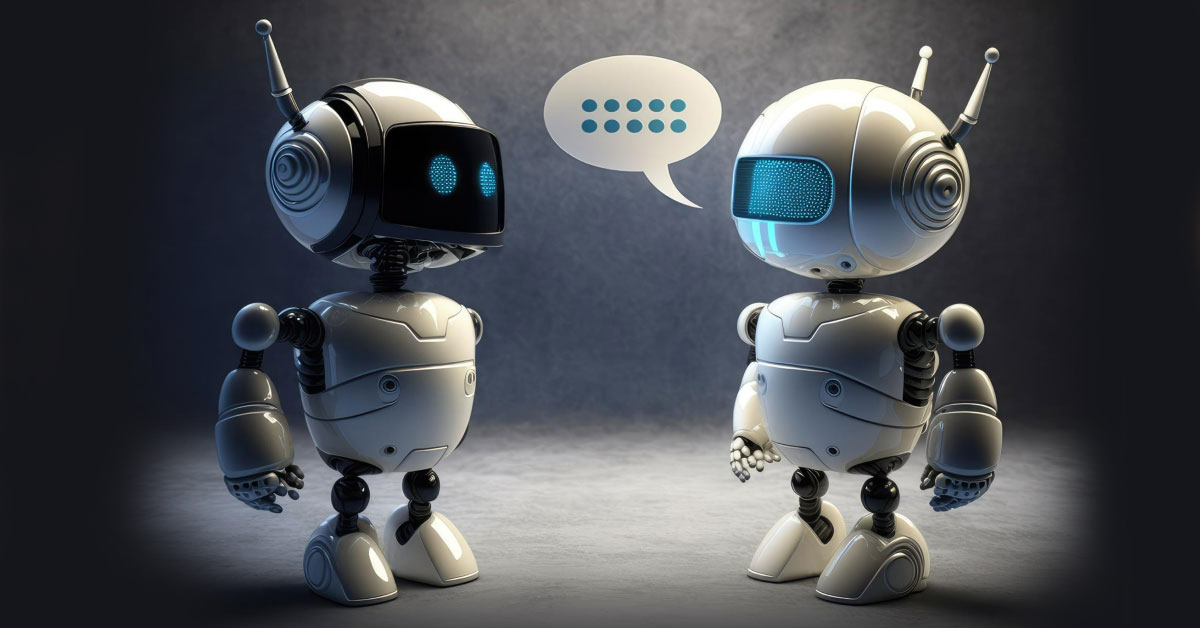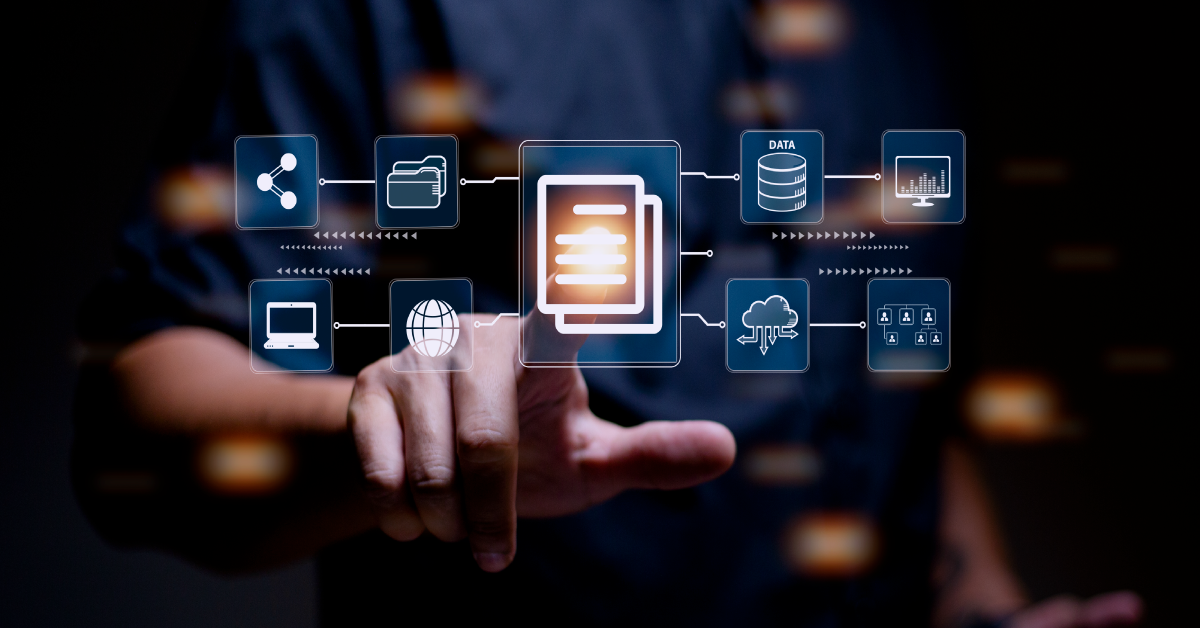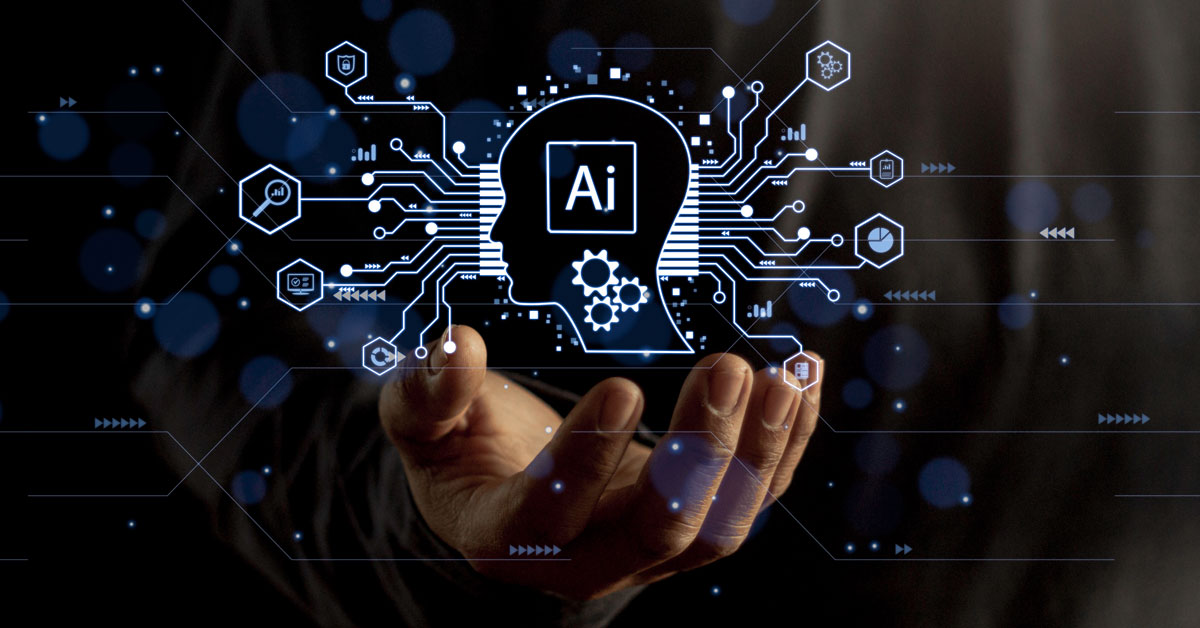Implementing AI-driven automation in Manufacturing and Industry
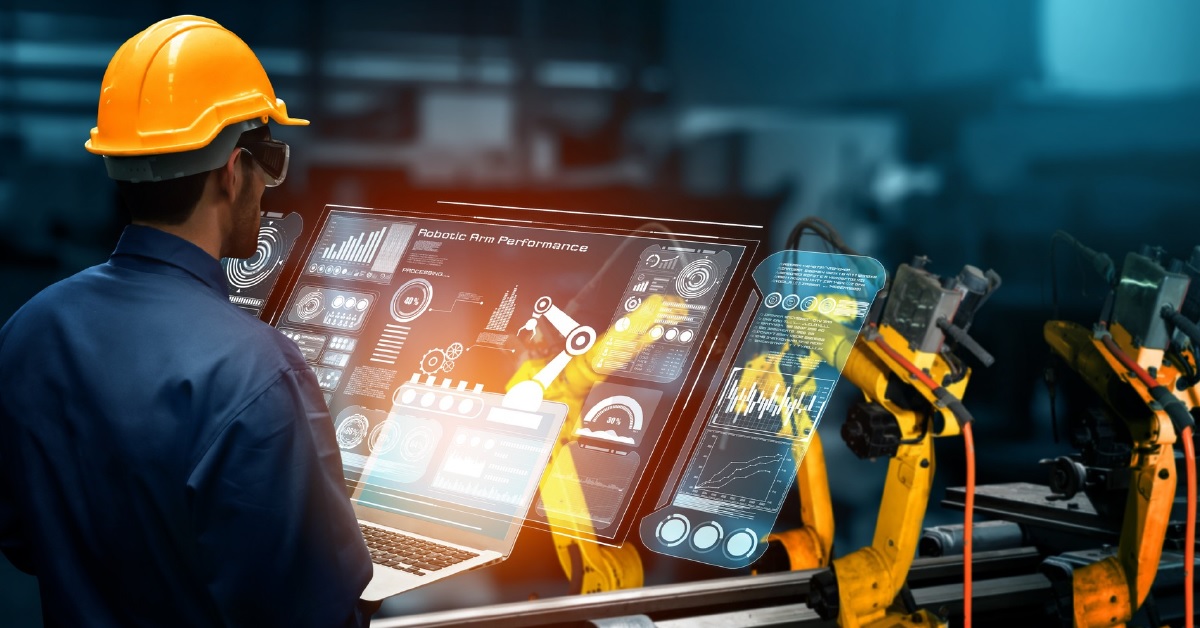
5 min read
The efficiency of industrial manufacturing has been greatly improved during the previous century’s industrial revolution. Artificial intelligence (AI) has become a milestone in the rapidly changing technological, redefining how we operate and converting antiquated procedures into effective automated systems. AI-driven automation lays the groundwork for a new era of innovation by simplifying manufacturing lines and improving product quality. Let’s delve further into this fascinating area and examine how applying AI in manufacturing industry can increase efficiency, better use resources, and drive companies to new heights of success. Get ready to experience how machines are evolving into our dependable companions on the industrial floor!
AI-Driven Automation in Manufacturing and Industry
Automation has been one of the most significant advancements in technology in the manufacturing sector throughout the years. Industrialization has completely transformed products by lowering labor costs, boosting productivity, and enhancing general quality control. However, traditional automation techniques continue to rely primarily on human input and decisions, making them disposed to errors and having their own set of restrictions.
Let’s discuss artificial intelligence (AI), ground-breaking technology-altering manufacturing. Manufacturers have attained unprecedented production and cost-efficiency through machine-learning automation, which combines machine-learning algorithms with sophisticated data processing skills. It is essential to use innovative AI services in manufacturing and industry to transform conventional procedures and usher in a new era of efficiency, accuracy, and innovation. This section will examine the fundamentals of automation driven by AI in manufacturing and how it changes the sector.
What is AI-Driven Automation?
The use of technology to automate jobs that humans have traditionally performed is artificial intelligence-driven automation. It entails the use of intelligent machines that can function without the need for human interaction. These robots can sense, analyze, learn from data, and take action. These technologies include natural language processing (NLP), robotic process automation (RPA), and machine learning.
How does AI-powered Automation Work?
Artificial intelligence and automation are used to automate processes and improve decision-making. It starts with data ingestion, continues data processing, and then uses previous data to train AI systems. These algorithms create decisions and projections that result in task execution. Automation systems driven by AI frequently have a feedback loop to improve their models, and they can connect with different methods. They continuously adjust to shifting circumstances, ensuring scalability and effectiveness across many industries. Security and privacy safeguards are essential to protecting sensitive information and compliance. Machine learning services increase efficiency, decrease mistakes, and improve the quality of decisions while maximizing resource use.
Benefits of Implementing AI-Driven Automation
There are several advantages to integrating automation driven by AI in the manufacturing and industrial sectors, and these benefits can significantly impact a business’s productivity, effectiveness, and overall performance. This part will review the advantages of integrating AI-powered automation into production operations.
- Increased Efficiency and Productivity:
Improving productivity and efficiency in a manufacturing facility is one of the most significant benefits of automated decision-making. Artificial intelligence (AI) enables the training of machines to carry out repetitive activities more quickly and accurately than humans. As a result, factory productivity rises, and human error declines, ultimately boosting efficiency.
- Cost Reduction:
Companies can save money by implementing data-driven automation in their manufacturing processes. By using automated technologies to do routine operations, businesses can lower labor expenditures and operational costs related to manual work. Such as sick leave, training fees, etc. artificial intelligence application also make better forecasting and inventory management abilities possible, reducing waste and streamlining supply chain operations.
- Improved Quality Control:
Any manufacturing process must include quality control to ensure that goods meet requirements before selling. Manufacturers can spot flaws or anomalies during manufacturing early on by using AI and automated tools like computer vision systems and machine learning algorithms. It aids in preventing the distribution of defective goods to clients, which could harm a company’s reputation.
- Enhanced Safety:
In factories, the employment of cobots (collaborative robots) or AI-powered robots decreases human engagement with risky materials and high-risk tasks, making the workplace safer for workers. It not only shields employees from harm but also lowers the possibility of workplace mishaps, which can be expensive for businesses.
- Real-time Data Analysis:
AI-powered automation may collect and analyze real-time data from various manufacturing facility processes. This information can be used to track the effectiveness of the production process, find inefficiencies or flaws, and make the necessary adjustments in real time. Due to their ability to immediately detect and address problems, businesses can improve decision-making and streamline operations.
- Scalability:
Businesses must scale their operations as they expand and change. Since they are highly scalable, these solutions can handle rising production demands without sacrificing speed or accuracy. Businesses can quickly broaden their current setup to include more robots or machines as needed without significantly disrupting their operations.
- Ability to Handle Complex Tasks:
The development of artificial intelligence technologies over the past few years has made it possible for machines to carry out complicated activities that were previously only conceivable for humans. With automated AI, manufacturers may now automate more complex operations that call for specialized knowledge or abilities, resulting in even higher levels of production and efficiency.
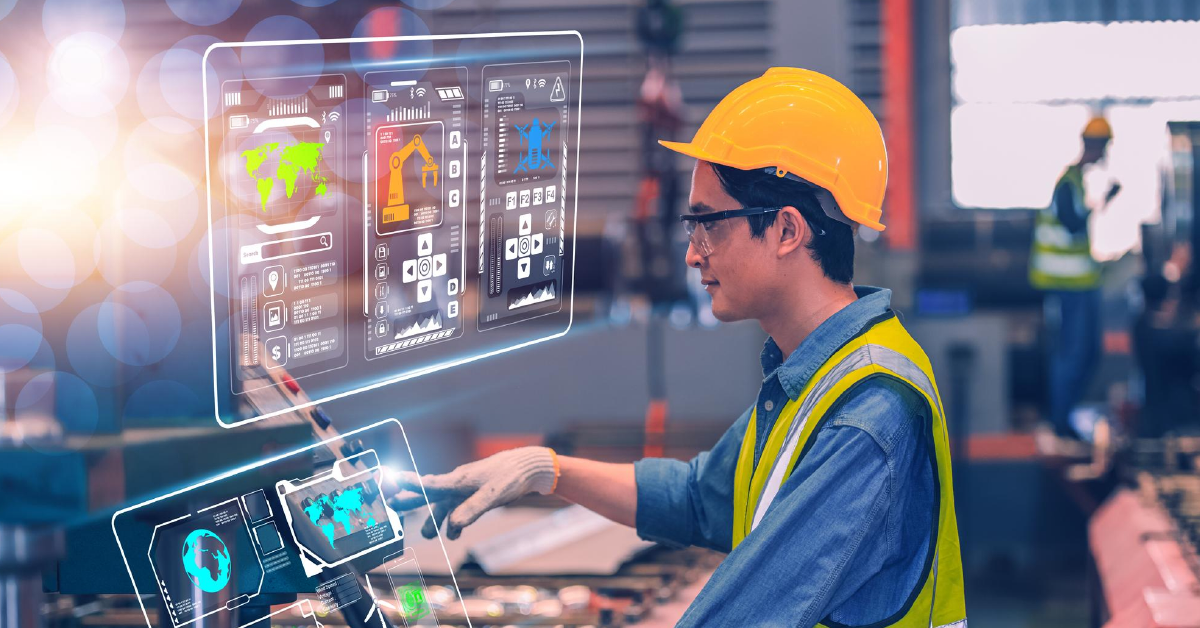
Steps for Successful Implementation of AI-Driven Automation in Manufacturing and Industry
A rigorous strategy is necessary to apply cognitive automation in industry and production. An exhaustive analysis of the manufacturing process demands and objectives comes first. It entails gathering and combining data from numerous sources, establishing clear goals, and choosing suitable AI models and algorithms for jobs like predictive maintenance, quality control, or process optimization. For data processing, the necessary hardware and software must be set up, and pretreatment assures the integrity of the data. To assess performance and make necessary modifications, smaller-scale pilot testing is crucial. Employee training is essential to acquaint the personnel with the new processes and technologies.
The risk of data breaches necessitates ongoing monitoring, maintenance, data security, and compliance measures. Scaling and optimization can occur after the system demonstrates its viability, and iterations and feedback systems can improve performance and meet new difficulties. An adequately implemented innovative automation system significantly increases production efficiency, quality, and competitiveness in the manufacturing and industrial sectors.
Future Possibilities and Advancements in AI-Driven Automation for the Manufacturing and Industry Sector
The potential for AI in manufacturing industry is incredibly bright, and several fascinating developments are already in the works. Software services have become the backbone of contemporary manufacturing and industry. Seamlessly integrating cutting-edge technologies and data-driven solutions to improve efficiency, streamline processes, and promote sustainable growth. As AI systems grow progressively more adept at predicting when machinery needs maintenance, minimizing downtime, and maximizing cost-efficiency, predictive maintenance will advance to new heights. Advanced AI robots, with these systems capable of handling a more extensive range of activities. Such as complex assembly and quality control, will play an increasingly significant role in manufacturing. Manufacturing processes will become more flexible and effective as collaborative robots (cobots) that work safely alongside human workers continue to develop. With the ability to forecast demand and modify output accordingly. AI will significantly improve supply chains’ operating efficiency and reduce waste.
Computer vision systems for quality control that AI powers will become even more precise. Improving the caliber and consistency of the output. With AI being used for data analytics, monitoring, and decision-making across all production processes, “smart factories” will eventually become the industry norm. Additionally, these algorithms will improve the design and manufacturing capabilities of 3D printers! Opening the door to scaled-up, complicated, and individualized manufacturing. The manufacturing environment will be shaped by trends such as energy efficiency, personalization, human-machine collaboration, blockchain integration, and continuous learning, to name just a few. These developments, driven by AI, will revolutionize the industry and usher in a new era of productivity, creativity, and competitiveness.
Conclusion
The future of manufacturing and the industrial sector is unquestionably AI-powered automation. This revolutionary technology promises many advantages, such as increased effectiveness, cost savings, excellent product quality, and the capacity to adjust to shifting market demands reduced machine uptime and downtime because of AI-driven systems’ superior predictive maintenance capabilities. Manufacturing processes become flexible and practical when collaborative robots work alongside human workers. Supply chain optimization, made possible by AI, improves inventory control and lowers waste. It can keep up with ever-changing conditions and requirements because of its capacity to continuously learn and adapt. Additionally, combining AI and blockchain technologies provides supply chain security and transparency.
These advancements highlight AI’s importance to manufacturing and industry development, enhancing its resilience, agility, and competitiveness. AI’s effects on these industries will only intensify as it grows, solidifying its position in the future manufacturing and industrial sectors. Check out more information about AI and ML software development services.
Published: October 18th, 2023

